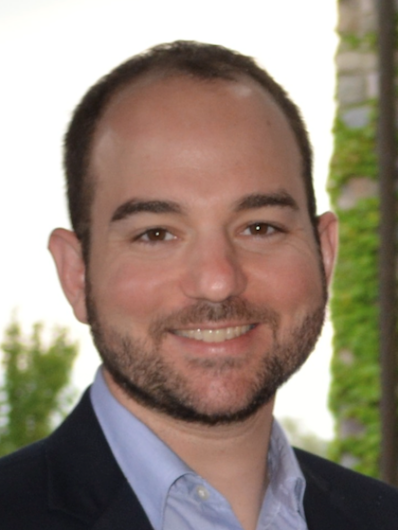David H. Young is a nonresident senior fellow with the Transatlantic Security Initiative within the Atlantic Council’s Scowcroft Center for Strategy and Security. He is a conflict advisor with twenty years of policy and field experience helping prevent and reduce violent conflict in Afghanistan, the Sahel, Israel/Palestine, the Balkans, the Caucasus, and Northern Ireland.
Young previously served as the deputy director and team lead for the Lessons Learned Program at the Special Inspector General for Afghanistan Reconstruction (SIGAR). At SIGAR, he was the lead author for multiple comprehensive lessons learned reports on US stabilization efforts, US democracy and electoral support, personnel challenges, and a twenty-year capstone of lessons from the entire reconstruction effort. His team’s recommendations were consistently implemented by executive branch agencies and frequently adopted in congressional legislation, including multiple National Defense Authorization Acts, State and Foreign Operations bills, and the Global Fragility Act. In this role, he testified before the Bundestag and advised Congress, the US State Department, the US Agency for International Development (USAID), and the Department of Defense (DoD) on how lessons from Afghanistan’s reconstruction should be applied to other conflict contexts, including Ukraine, the Sahel, and Gaza.
Previously, Young served as a stabilization adviser to Interpeace, where he led a team of researchers evaluating donor stabilization efforts in the Sahel. Prior to that, he was a governance adviser to the World Bank, Adam Smith International, and the US Institute of Peace. He also served as a social scientist in the US Army’s Human Terrain System and embedded with US forces in eastern Afghanistan to advise DoD, USAID, and the State Department as part of the US government’s counterinsurgency and stabilization mission.
Young’s writing has been published in the New York Times, The Atlantic, and Foreign Policy. He is a graduate of Davidson College and George Mason University’s Carter School for Peace and Conflict Resolution.

